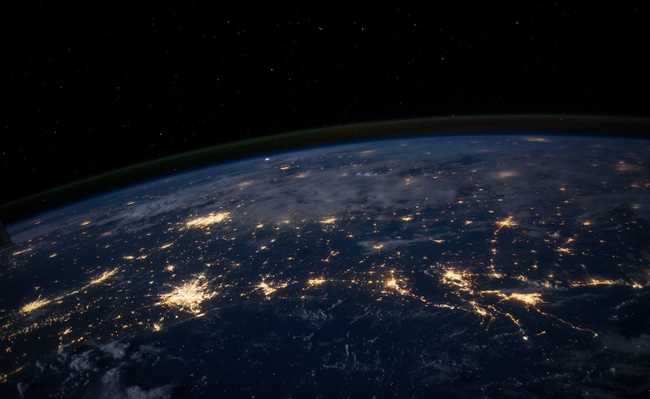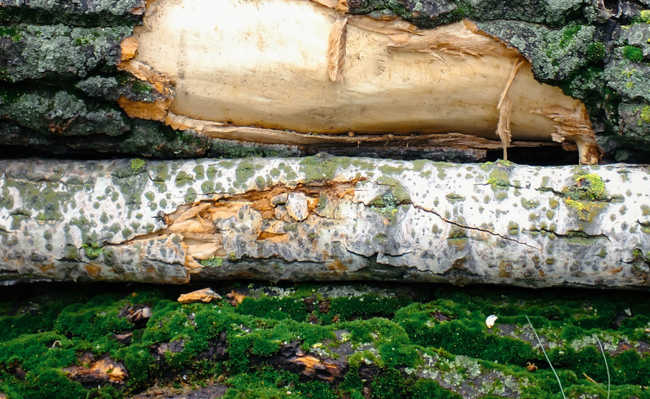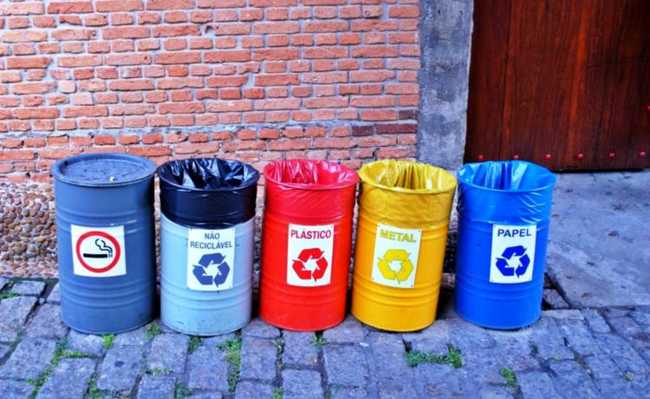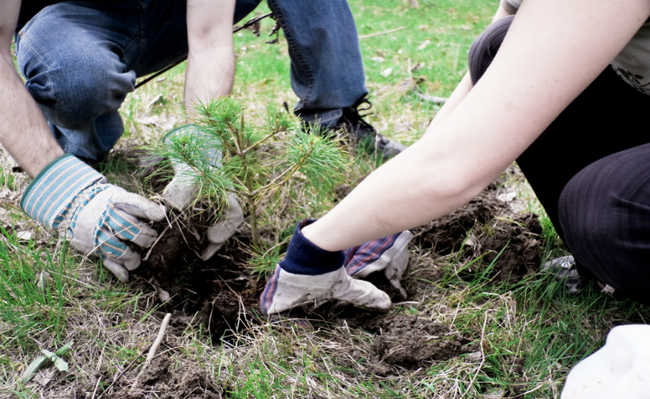Human action has put Earth on the brink of collapse, researchers say

Human action is pushing Earth to its limit sooner than previously thought
In new research published in the renowned journal Nature, scientists at the University of Berkley show the worrying fate that humans are imposing on their own planet. In the words of the researchers, “the global ecosystem as a whole (...) is approaching a critical change on a planetary scale due to human actions”.
The reasons are already known. Population growth, increased resource consumption, habitat transformations and fragmentation, energy production and consumption, and climate change.
In other works, factors that validate this new research have already been described. Human activities comprise 43% of the planet's surface, and it is estimated that they affect twice that area. A third of all pure water is diverted for human use, and species extinction rates are comparable to those at the time of the disappearance of the dinosaurs.
what kind of future awaits us
But what does all this “critical change” entail? The effects in the future are still uncertain, but the past has already shown us some of the possibilities. Researchers make a comparison between today and the ice age. At that time, major environmental changes caused extinction, and affected the distribution, abundance and diversity of species, as well as the emergence of new communities.
There is still the possibility that changes in ecosystems, whether the death of animals, lack of water, pollution and all kinds of problems caused by maintaining our lifestyle, cause a fall or the end of natural resources needed for the human health.
Another important question is when will the Earth reach its limit? The authors believe that the answer lies when ecosystem changes reach between 50% and 90% of the total. The expectation is that in 10 or 15 years half of the entire ecosystem will be facing these kinds of changes.
Whatever the future, the image that is being formed is not very encouraging. There is no precedent for the possibility of losing natural resources vital to human existence. The likely solution is to change our mindset and behavior about our lifestyle and consumption habits.
Below, you can see Chief Scientist Anthony Barnosky's comments on his research results:










